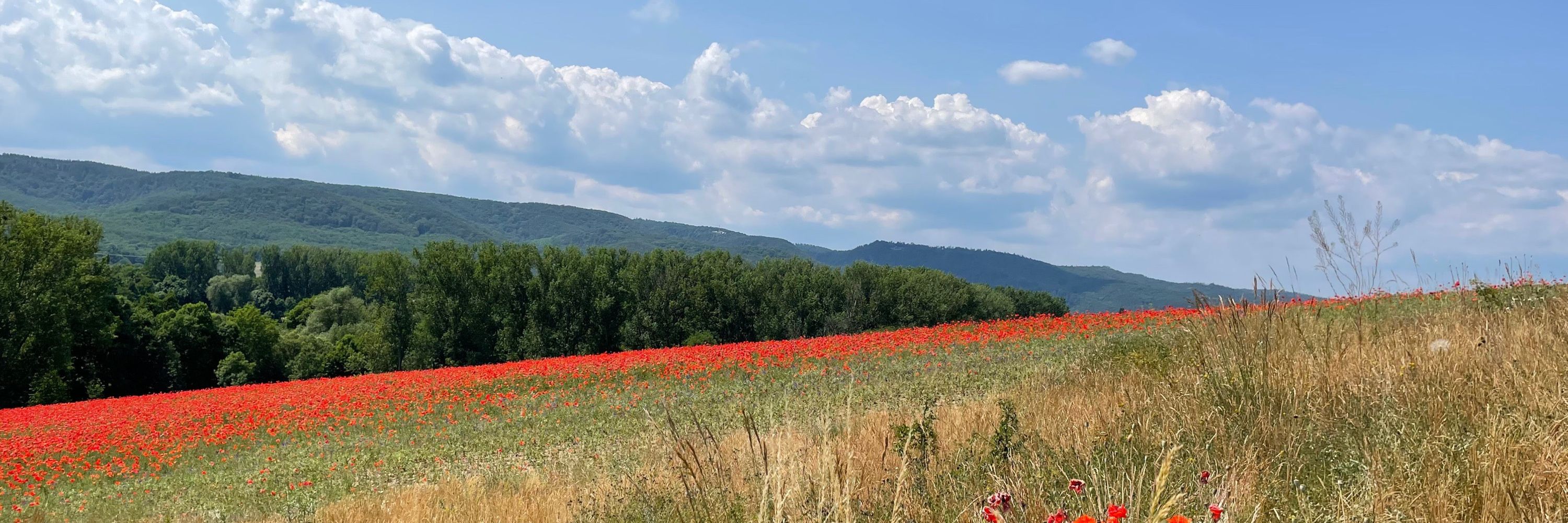
www.egnerlab.org
Sun. Nov 16 1pm-5pm: 137.10 / HH2
Intracranial EEG Correlates of Concurrent Demands on Cognitive Stability and Flexibility
Undergraduate Erin Burns and CNAP PhD Student Jim Zhang will present work from our lab and @tobiasegner.bsky.social Lab on cognitive control
Sun. Nov 16 1pm-5pm: 137.10 / HH2
Intracranial EEG Correlates of Concurrent Demands on Cognitive Stability and Flexibility
Undergraduate Erin Burns and CNAP PhD Student Jim Zhang will present work from our lab and @tobiasegner.bsky.social Lab on cognitive control

I'm not on the committee, but happy to talk if you're interested.
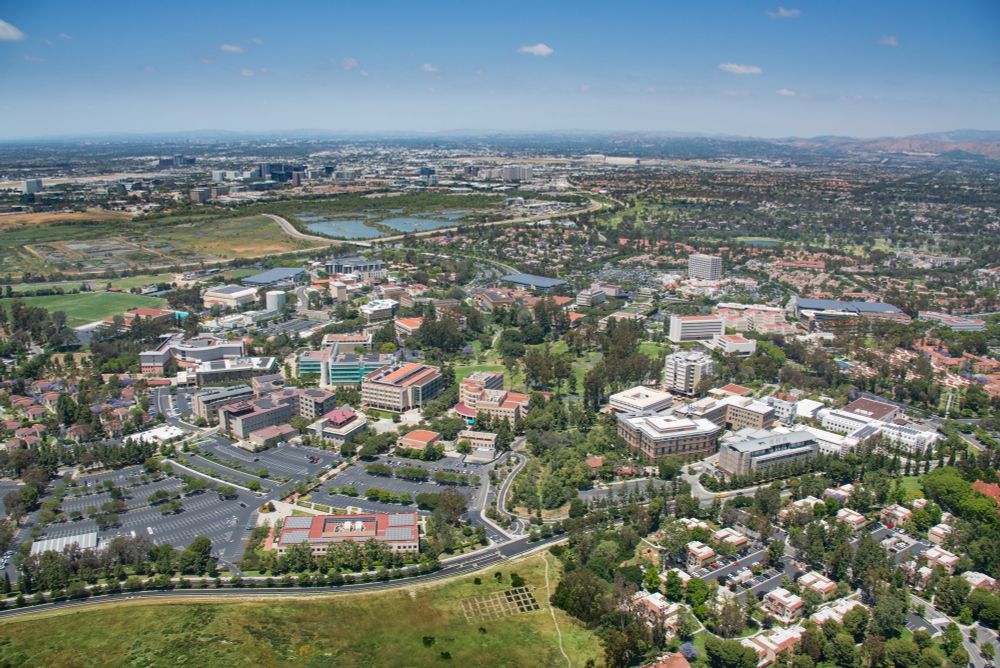
I'm not on the committee, but happy to talk if you're interested.
Domain-specific cognitive flexibility: Shift-readiness adaptations for task- and attention-switching are non-transferrable.
journals.sagepub.com/doi/10.1177/...

Domain-specific cognitive flexibility: Shift-readiness adaptations for task- and attention-switching are non-transferrable.
journals.sagepub.com/doi/10.1177/...
Social/Personality: aprecruit.berkeley.edu/JPF05020
Biological Basis of Behavior: aprecruit.berkeley.edu/JPF05054
Please spread the word!
Social/Personality: aprecruit.berkeley.edu/JPF05020
Biological Basis of Behavior: aprecruit.berkeley.edu/JPF05054
Please spread the word!
At first, what we found was very confusing!
But when we dug in, it revealed a fascinating neural strategy for how we switch between tasks
doi.org/10.1101/2024.09.29.615736
🧵
At first, what we found was very confusing!
But when we dug in, it revealed a fascinating neural strategy for how we switch between tasks
doi.org/10.1101/2024.09.29.615736
🧵

If you know anybody, please tell them to email me.
Formal ad to follow. Lab website: wessellab.org
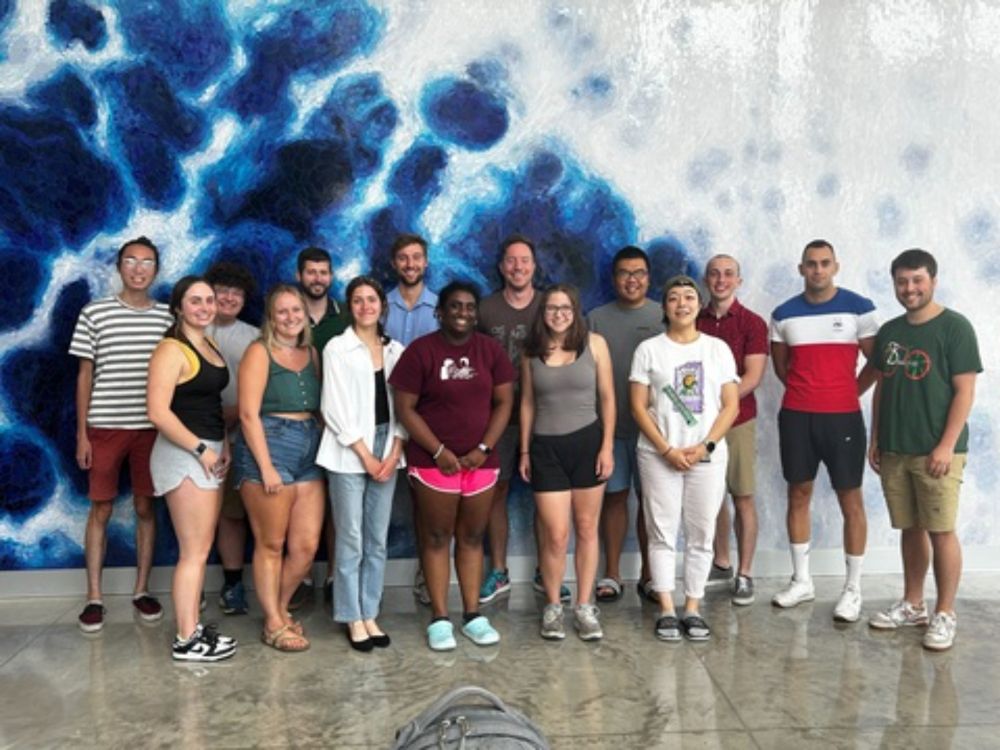
Free read link: rdcu.be/epatc
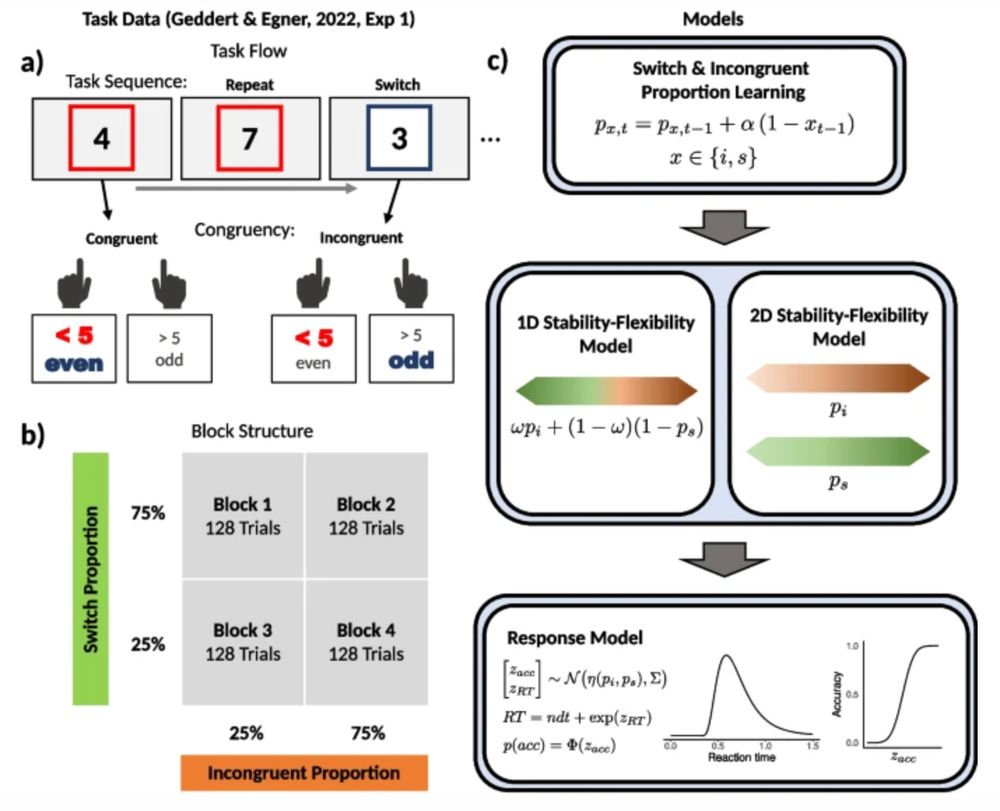
Free read link: rdcu.be/epatc
Successful prediction increases the likelihood of successful encoding. We speculate about how switching between distinct encoding & prediction states can produce this effect.
osf.io/preprints/ps...
Successful prediction increases the likelihood of successful encoding. We speculate about how switching between distinct encoding & prediction states can produce this effect.
osf.io/preprints/ps...
www.spencer.org/grant_types/...

www.spencer.org/grant_types/...
www.nature.com/naturecareer...
www.nature.com/naturecareer...
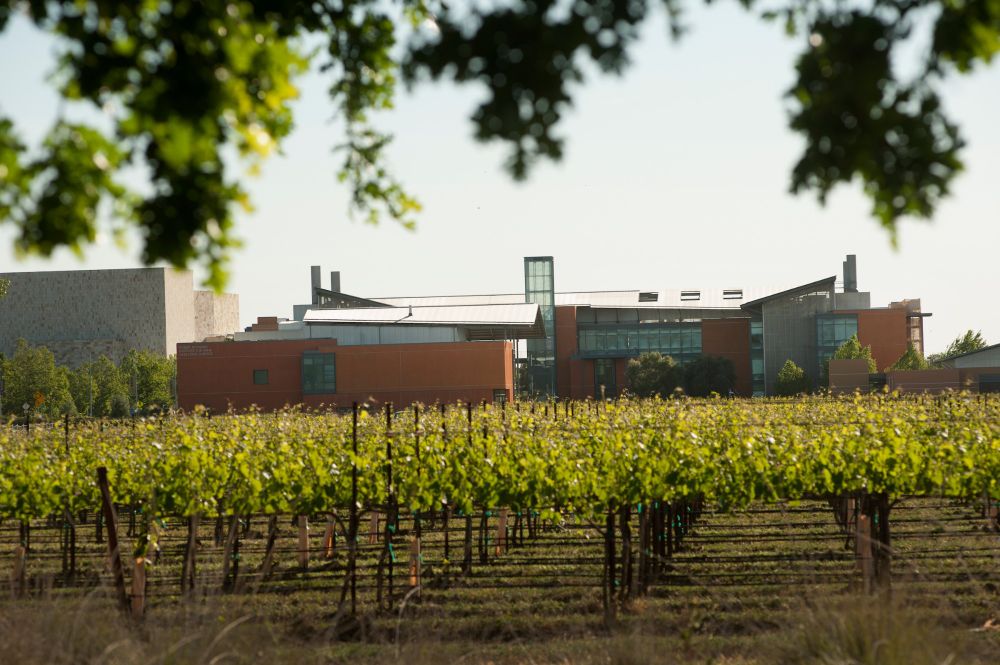






It takes only a minute or two to fill out.
You don’t need to be an academic to support #Science!
advocacy.charityengine.net/Default.aspx....

It takes only a minute or two to fill out.
You don’t need to be an academic to support #Science!
advocacy.charityengine.net/Default.aspx....


With @mgblr.bsky.social and Marcel Brass
Preprint: osf.io/preprints/ps...
#PsychSciSky #cogpsych #interoception
With @mgblr.bsky.social and Marcel Brass
Preprint: osf.io/preprints/ps...
#PsychSciSky #cogpsych #interoception
If you'd like to join the case as a plaintiff you can sign up at www.lieffcabraser.com/antitrust/ac...
summary of the case:



If you'd like to join the case as a plaintiff you can sign up at www.lieffcabraser.com/antitrust/ac...
summary of the case:
Free read links:
rdcu.be/dTxqb
rdcu.be/dTxql
Free read links:
rdcu.be/dTxqb
rdcu.be/dTxql
Free read link: rdcu.be/dTvTI
link.springer.com/article/10.3...
Free read link: rdcu.be/dTvTI
link.springer.com/article/10.3...
Effects of Context Changes on Memory Reactivation www.jneurosci.org/content/44/3...
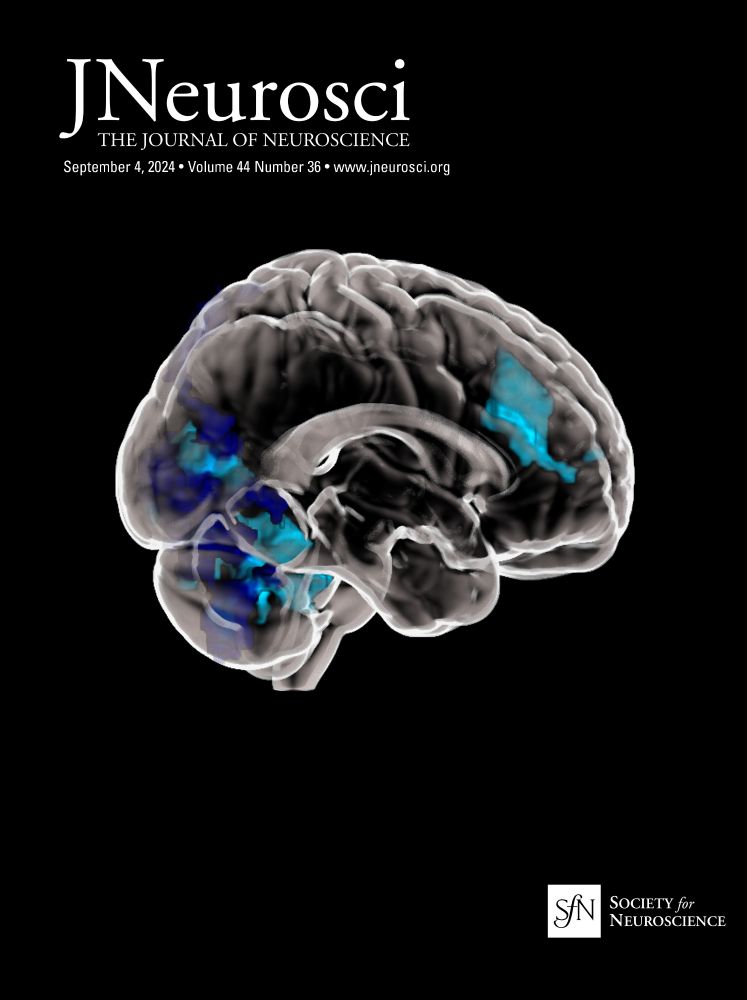
Effects of Context Changes on Memory Reactivation www.jneurosci.org/content/44/3...

